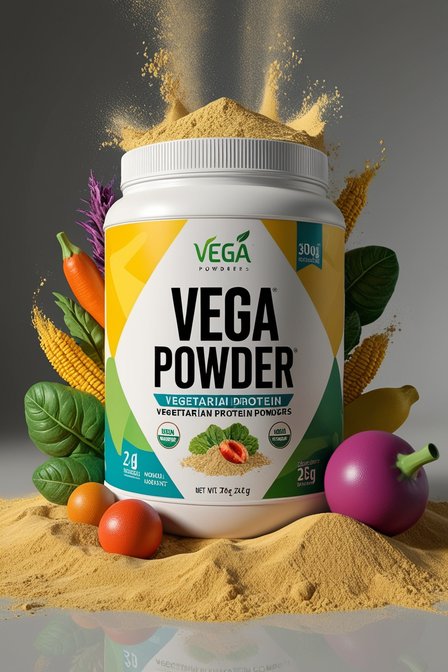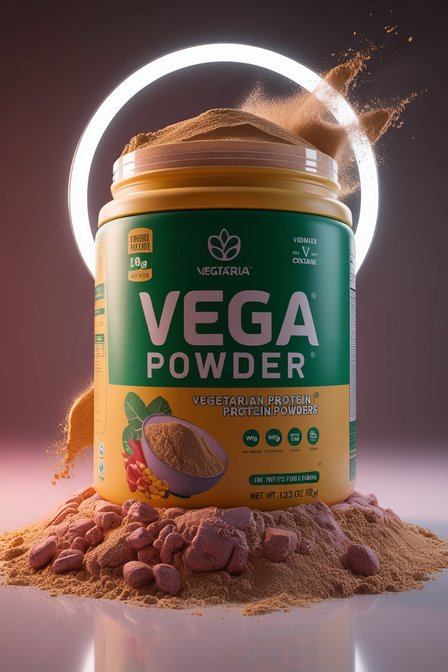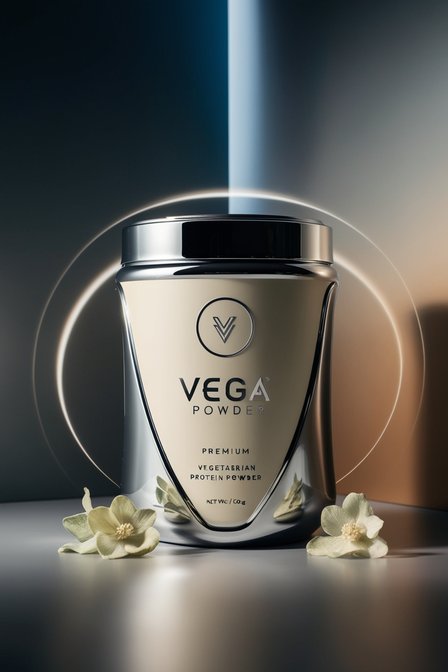Raw Vegan Protein: A Comprehensive Guide
Introduction to Raw Vegan Protein
The raw vegan diet has gained significant popularity in recent years, primarily for its emphasis on consuming whole, unprocessed plant foods in their natural state. Among the many considerations of this lifestyle, ensuring adequate protein intake is one of the most discussed topics. Raw vegan protein sources are abundant and can meet all dietary needs when approached with knowledge and planning. This comprehensive guide explores the essentials of raw vegan protein, its benefits, sources, and practical tips for integrating it into daily life.
Understanding Protein in a Raw Vegan Diet
Protein is an essential macronutrient required for the body's growth, repair, and overall health. It consists of amino acids, which are the building blocks of muscle tissue, enzymes, and various cellular functions. In a raw vegan diet, protein is sourced exclusively from plant-based foods that have not been cooked above 118°F (48°C). This approach is believed to preserve the natural enzymes and nutrients in foods, promoting better digestion and health benefits.
Benefits of Raw Vegan Protein
Consuming raw vegan protein offers several health benefits. Firstly, plant-based proteins are generally lower in saturated fat and cholesterol compared to animal proteins, reducing the risk of cardiovascular diseases. Additionally, raw foods retain more of their vitamins, minerals, and antioxidants, contributing to overall health and vitality. The high fiber content in raw vegan protein sources also aids in digestion and helps maintain a healthy weight.
Key Sources of Raw Vegan Protein
- Nuts and Seeds: Nuts and seeds are rich sources of protein and essential fatty acids. Almonds, walnuts, sunflower seeds, chia seeds, and flaxseeds are particularly high in protein. They can be consumed as they are, soaked, or blended into smoothies and spreads.
- Legumes and Sprouts: Sprouting legumes increases their nutritional value and digestibility. Lentils, chickpeas, and mung beans are excellent choices when sprouted. These sprouts can be added to salads, wraps, or eaten on their own.
- Green Leafy Vegetables: While not traditionally considered high-protein foods, leafy greens like spinach, kale, and broccoli contain significant amounts of protein per calorie. Incorporating a variety of greens in salads, smoothies, and juices can boost protein intake.
- Sea Vegetables: Seaweeds such as nori, spirulina, and chlorella are potent sources of protein and other vital nutrients. These can be added to salads, smoothies, or consumed as supplements.
- Fruits: Some fruits, like avocados and goji berries, provide more protein than typically expected from fruits. These can be included in various dishes to increase protein content.
- Fermented Foods: Fermented raw vegan foods like tempeh, miso, and certain types of raw vegan cheese offer additional protein and beneficial probiotics for gut health.
Integrating Raw Vegan Protein into Daily Life
Incorporating sufficient protein into a raw vegan diet requires mindful meal planning and variety. Here are some practical tips:
- Start the Day with a Protein-Rich Breakfast: Smoothies made with nuts, seeds, leafy greens, and spirulina are an excellent way to kickstart the day. Adding a spoonful of raw vegan protein powder can further enhance the protein content.
- Snack Smart: Carry protein-rich snacks like mixed nuts, seeds, and energy balls made from dates and nuts to keep energy levels stable throughout the day.
- Salad Enhancements: Boost the protein content of salads by adding sprouts, nuts, seeds, and sea vegetables. Dressings made from tahini, almond butter, or hemp seeds also contribute to protein intake.
- Creative Recipes: Experiment with raw vegan recipes that incorporate high-protein ingredients. Raw vegan burgers, energy bars, and nut-based cheeses are not only nutritious but also delicious.
- Hydration and Protein: Many raw vegan protein sources are also rich in water, helping with hydration. Cucumber, celery, and watermelon are examples of hydrating foods that also provide protein.
Challenges and Considerations
While the raw vegan diet offers numerous health benefits, it also comes with challenges, particularly in meeting protein needs. Some individuals may find it difficult to consume adequate protein solely from raw foods, especially those with higher protein requirements, such as athletes or pregnant women. In such cases, supplementing with raw vegan protein powders or incorporating small amounts of cooked vegan protein sources may be necessary.
Additionally, variety is crucial to prevent nutrient deficiencies. Relying too heavily on a few protein sources can lead to imbalances. Ensuring a diverse intake of nuts, seeds, legumes, vegetables, and fruits is essential for a well-rounded diet.
Conclusion
Raw vegan protein is a viable and healthful option for those following a raw vegan lifestyle. By understanding the sources and benefits of raw vegan protein, individuals can ensure they meet their nutritional needs while enjoying the numerous health advantages of a raw food diet. With thoughtful planning and creativity, integrating raw vegan protein into daily life can be both satisfying and beneficial for overall health and well-being.



